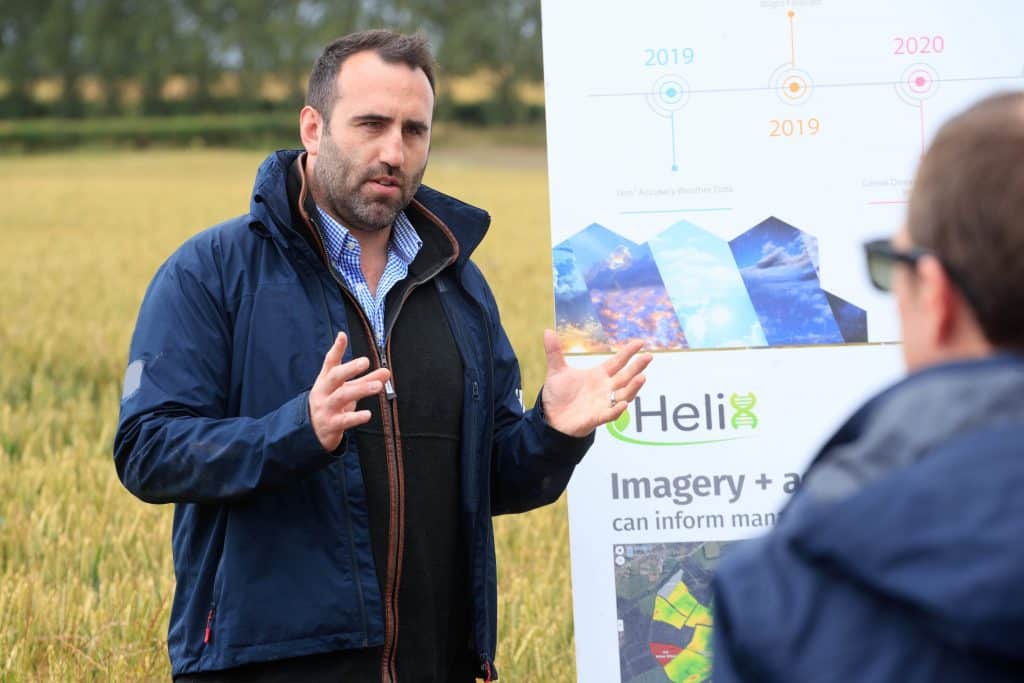Future of crop production: Arable farming 2050 – Crop Production Magazine
Rather than look back at times gone by, CPM marks its 25 years in the business by exploring what the future could hold for crop production – sharing the valued...
It’d be easy to reminisce about the times when CPM first came to fruition as means of marking each significant birthday for the magazine. But to truly live by its values, the publication has to look forward and present new ways of thinking which inspire, stimulate and inform.
It’s now been 25 years since CPM first entered the world of agricultural publishing. Should the magazine continue for a further 25 years – or should that be 25 harvests – what might arable farming look like as society approaches 2050?
Rising stars of the trade
As with the first issue of CPM released in 1999, the experts who contribute to the magazine come 2050 will likely be a new breadth of names all over again. Despite a reported ‘lack of talent’, a new generation of skilled specialists are waiting in the wings, preparing to become the future custodians of crop production.
As these individuals continue to graft, ready to receive the baton from those who’ve rightly earned their kudos, what are their hopes for the future and what’s fuelling their fire?
Hutchinsons’ head of integrated crop management, David Howard, believes right now is a really interesting time which should drive innovation. “Central to this is asking how we can add value to a crop without chasing more output. Many are reaching a yield plateau – it can’t feasibly keep increasing.
“So we’re seeing a change in perception – using precision farming techniques and data to improve efficiencies. The ability to lift on-farm averages overall may address how to improve margins.
“Equally, opportunity lies in rationalising what integrated pest/crop management looks like for farmers. It’s often viewed as very intricate, but with the application of technology, it should be possible to achieve.”
Admittedly not a fan of milestones, David Howard says his aim is simple – to make a positive impact on the industry during his professional career. “But I like to constantly challenge my views and insights – there’s so much resource to tap into, especially since knowledge transfer has improved from academia.”
